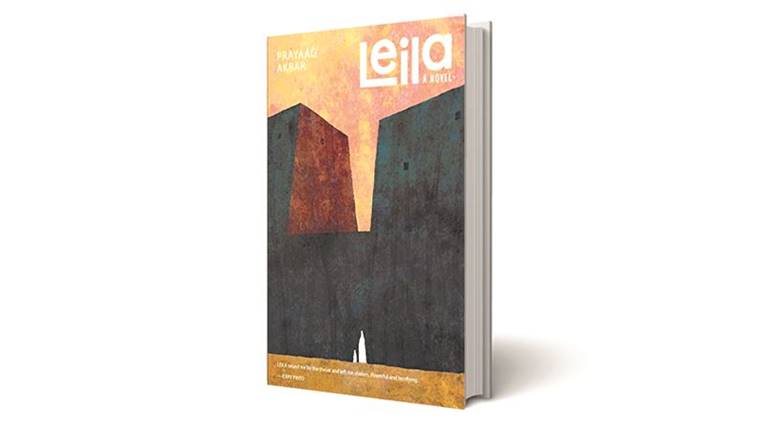


When we meet at Taj Lands End in Bandra, Mumbai, she says the prospect of being featured this prominently was “very new, very scary, because you don’t want to bore people. The book is told from Shalini’s perspective, and, for the first three episodes, there’s hardly a scene in which Qureshi isn’t on screen. Though she’s been in high-profile films since-with Akshay Kumar in Jolly LLB 2, Rajinikanth in Kaala-this is the first time she’s carrying a major production. Shalini is played by Huma Qureshi, best known for her debut in Anurag Kashyap’s Gangs Of Wasseypur (2012). Deepa Mehta ( Fire, 1947: Earth) directed the first two of the six episodes and is the show’s creative executive producer the other episodes were divided between Shanker Raman ( Gurgaon) and Pawan Kumar ( Lucia). The other writers are Patrick Graham, who directed Netflix’s Ghoul, another dystopian Indian thriller, and Suhani Kanwar. It has been adapted by Urmi Juvekar, who, as the writer of the Dibakar Banerjee films Oye Lucky! Lucky Oye! and Shanghai, knows a thing or two about class-barrier satire and fraught political narratives. That series, also titled Leila, released on Netflix on 14 June. Last year, months before it won the Crossword Book Award for fiction in December, it was announced that it would be adapted as a Netflix series. Everyone lives in fear of The Council, the all-powerful body whose motto is “Purity for all”, which abducts and brainwashes those who don’t live up to that standard. It’s set in an unidentified Indian city, dystopian but recognizable, with different communities segregated and sequestered behind unscalable walls. This photograph was the starting point for Leila, Akbar’s 2017 novel about a mother who is taken forcibly by a totalitarian cult and kept in a “purity camp ”, and whose sole purpose in life is to be reunited with her daughter.

I was like, who are these people claiming to talk for entire communities?” “They were standing in front of the court with their arms up, exultant. “There was a photo on the front page of Times Of India of this imam, this pandit and this archbishop,” he says. In 2013, after the Supreme Court overturned the Delhi high court’s decision to decriminalize same-sex love, writer Prayaag Akbar was struck by something he saw in the newspaper.


 0 kommentar(er)
0 kommentar(er)
